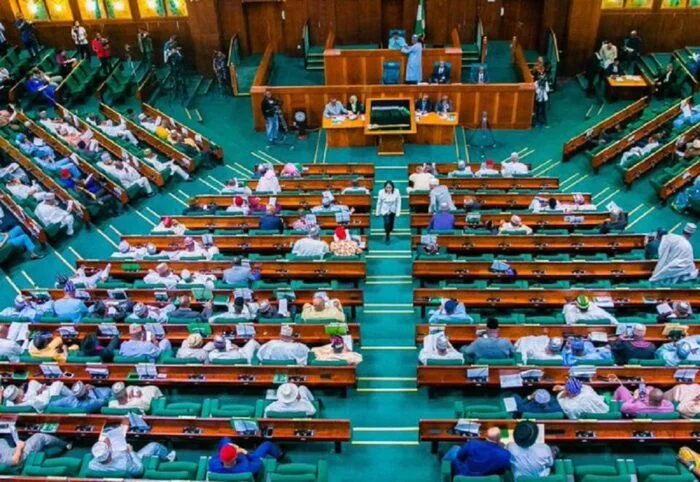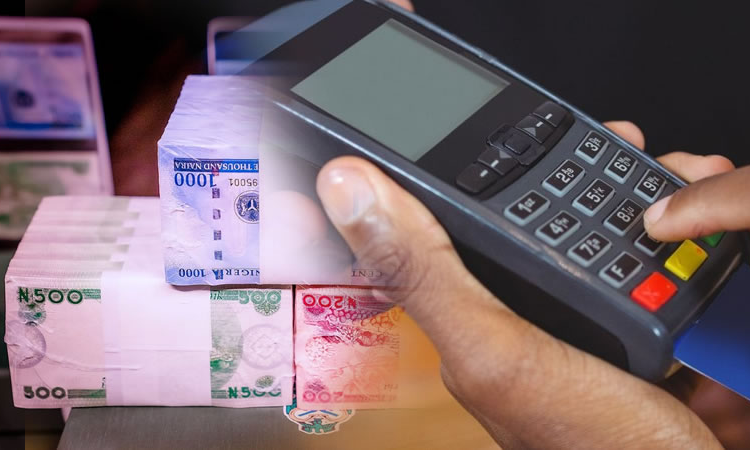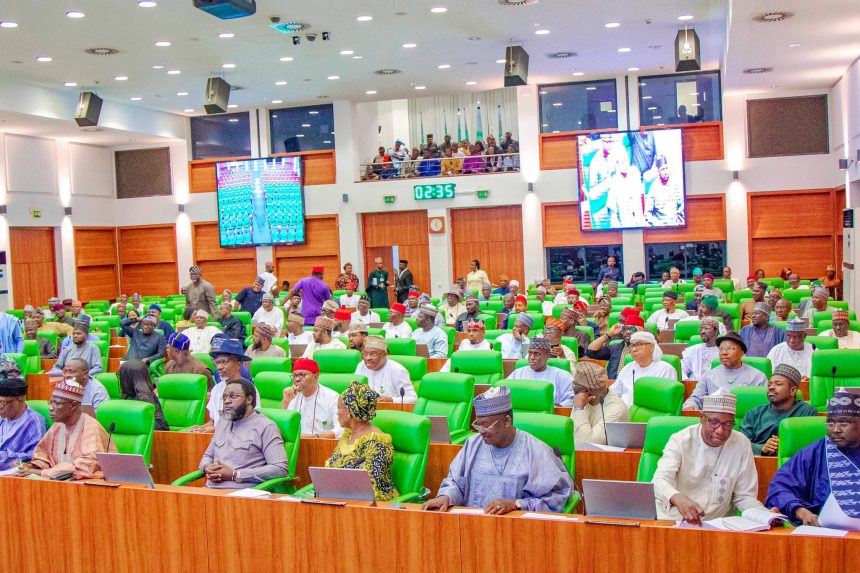The Nigerian House of Representatives has taken a significant step to address the challenges posed by the lack of proper documentation for Point of Sale (POS) users across the country.
During its plenary session on Wednesday, the House resolved to summon the Governor of the Central Bank of Nigeria (CBN), Olayemi Cardoso, and the Chief Executive Officers of commercial banks to propose solutions to the escalating issues tied to undocumented POS transactions.
This resolution follows a motion sponsored by John Okafor, the representative for Ehime/Mbano/Uboma/Obowo Federal Constituency in Imo State. Highlighting the growing concerns over fraudulent activities facilitated by POS systems, Okafor called on his colleagues to support measures aimed at safeguarding the integrity of financial transactions in Nigeria.
Okafor detailed the pressing challenges associated with the undocumented identities of POS users. He noted that fraudulent activities, such as identity theft, money laundering, and unauthorized transactions, have become increasingly common within the financial system due to this loophole.

“The lack of proper documentation of POS users creates a significant vulnerability in our financial system,” Okafor argued. “Enforcing identity documentation will drastically reduce incidences of fraud, improve accountability, and enhance the security of financial transactions in Nigeria.”
READ ALSO: Chinese Stocks Tumble Amid Regional Losses; Bonds Gain Ground
He emphasized that a verifiable system for documenting POS users aligns with both national and international financial regulatory requirements, particularly in the areas of anti-money laundering (AML) and know-your-customer (KYC) compliance.
One of the key arguments presented in the motion was the importance of fostering accountability among POS operators and users. Okafor stressed that proper documentation would create a transparent system where transactions could be traced back to individuals involved, ensuring that those engaging in illegal activities are held accountable.
He also criticized what he termed “regulatory bias and enforcement challenges” by the apex bank and other relevant regulatory bodies. He urged for immediate intervention to address these issues and protect Nigerians from criminals exploiting the POS system.

Following overwhelming support for the motion, Speaker Tajudeen Abbas directed the House Committees on Digital and Electronic Banking, Finance, Banking Regulations, and Financial Crimes to take action.
These committees have been tasked with inviting the CBN Governor, along with the Group Managing Directors of all commercial banks and other financial institutions utilizing POS services, to present actionable solutions.
READ ALSO: Liverpool Triumph Over Real Madrid to Claim Top Spot in Champions League Group
The committees have a four-week timeline to report back to the House with their findings and recommendations.
This move by the House of Representatives highlights the urgency of addressing security vulnerabilities in Nigeria’s growing digital payment ecosystem. With POS systems becoming a critical component of daily transactions, ensuring their integrity is essential for fostering trust and promoting financial inclusion.

The proposed documentation system is not only a step towards reducing fraud but also aligns Nigeria with global financial best practices. By closing gaps that allow for financial crimes, the country can bolster investor confidence, improve compliance with international standards, and enhance the overall stability of its financial sector.
As the House Committees prepare to engage with stakeholders, all eyes will be on the outcomes of this initiative. Nigerians, especially those relying on POS services for everyday transactions, are hopeful that this effort will result in a safer, more accountable financial system.

